Find Help
More Items From Ergsy search
-

Live Fear Free - The Effect of Domestic Abuse on Children
Relevance: 100%
-

What is the new Domestic Abuse Act in the UK?
Relevance: 91%
-
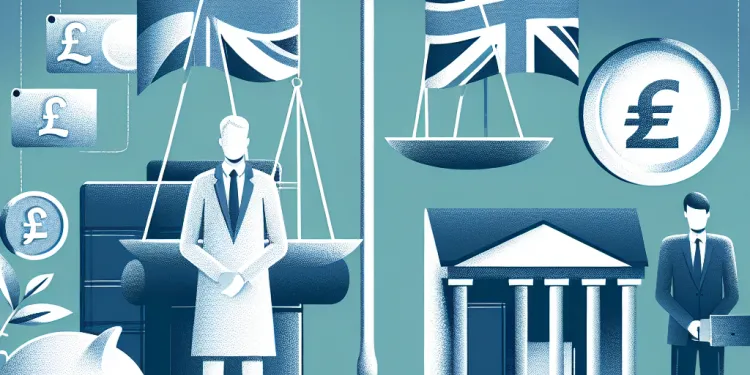
Understanding the New Domestic Abuse Laws in the UK
Relevance: 91%
-

Understanding the Impact of the UK's New Domestic Abuse Legislation
Relevance: 88%
-
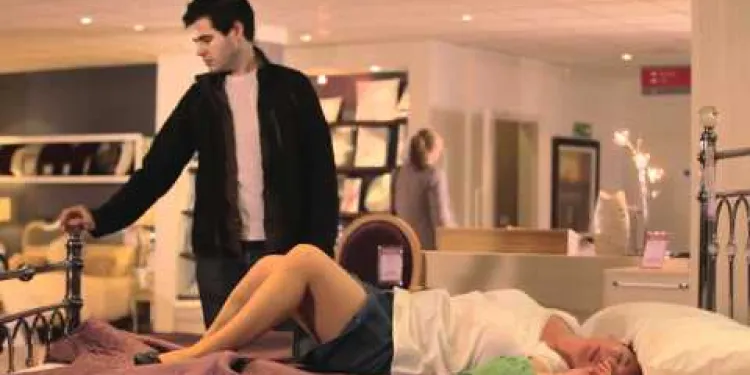
Live Fear Free - Domestic Abuse
Relevance: 85%
-
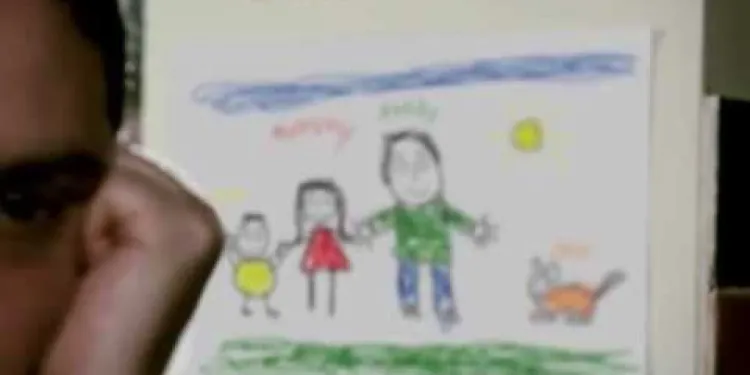
Are you a male victim of domestic abuse?
Relevance: 85%
-
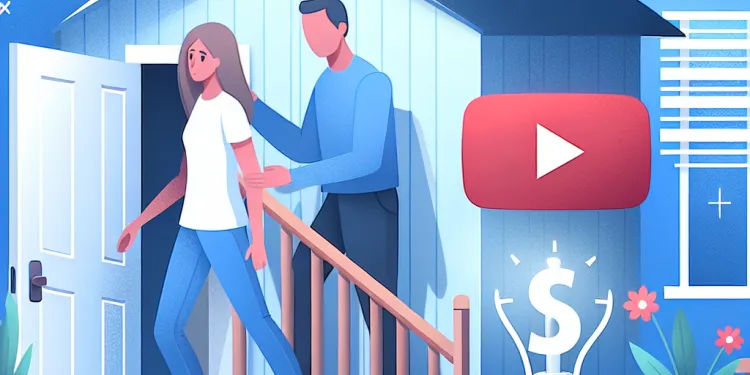
Steps to Take When Facing Domestic Abuse
Relevance: 82%
-

What constitutes economic abuse under the Domestic Abuse Act 2021?
Relevance: 80%
-

When did the Domestic Abuse Act 2021 come into effect?
Relevance: 79%
-

Who can be considered a domestic abuse perpetrator under the new law?
Relevance: 73%
-
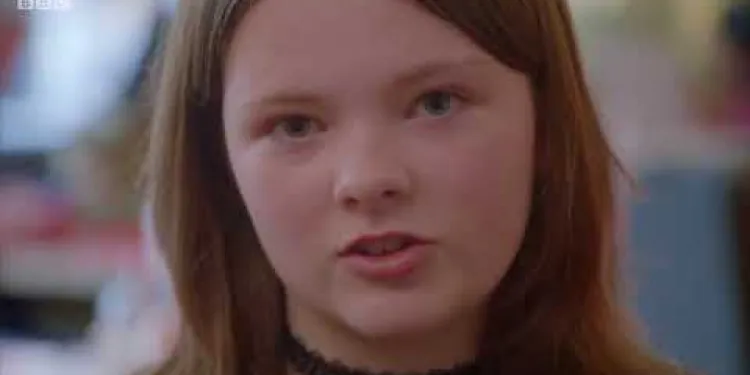
When Kids Abuse Kids
Relevance: 50%
-

What is Honour Based Abuse?
Relevance: 50%
-
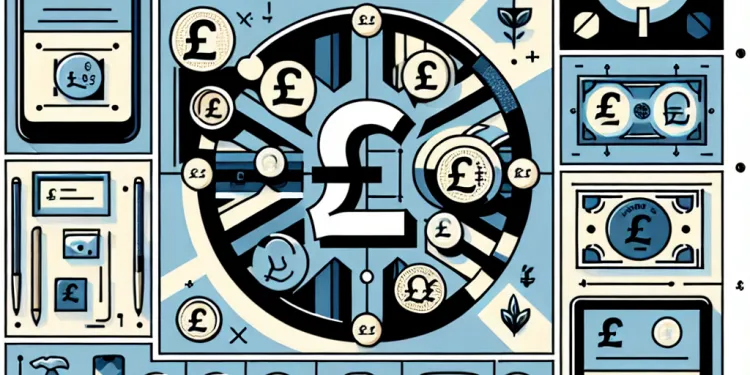
Is honour based abuse a cultural practice?
Relevance: 48%
-

What are the new protocols for domestic violence cases in family court in 2026?
Relevance: 47%
-
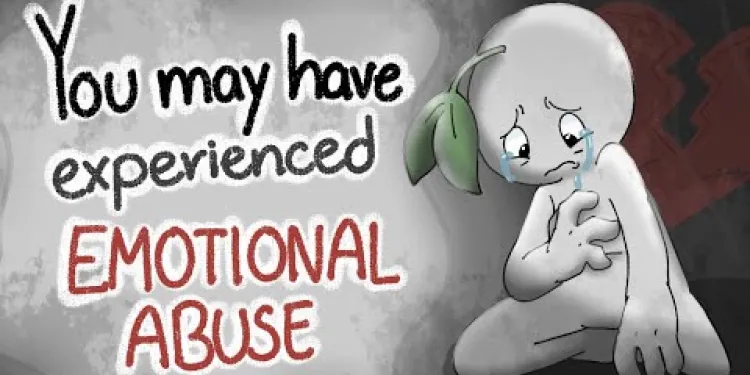
6 Signs of Emotional Abuse and Neglect
Relevance: 46%
-

Who can be a victim of honour based abuse?
Relevance: 46%
-
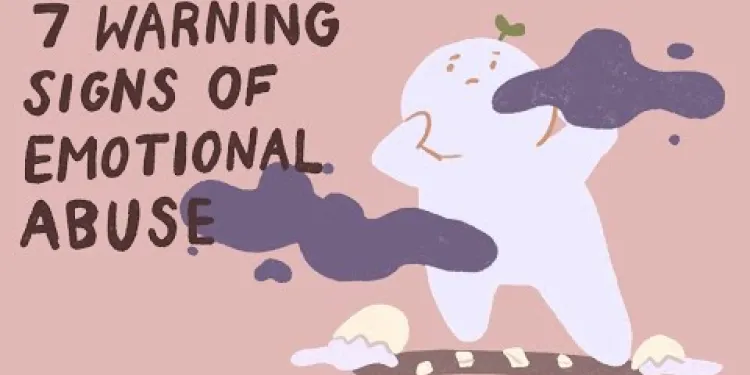
7 Warning Signs of Emotional Abuse
Relevance: 45%
-
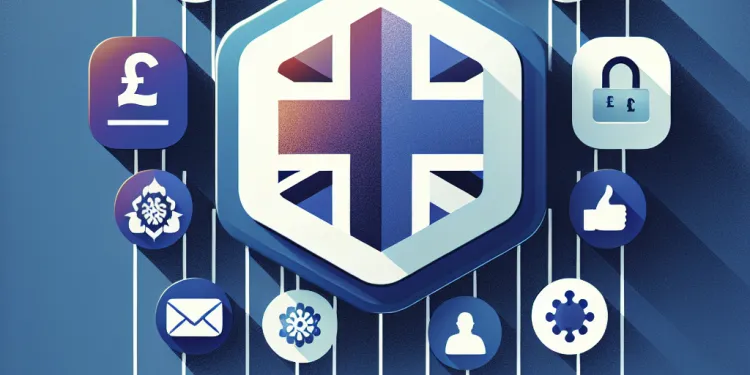
How can honour based abuse be prevented?
Relevance: 44%
-

Can men be perpetrators of honour based abuse?
Relevance: 42%
-
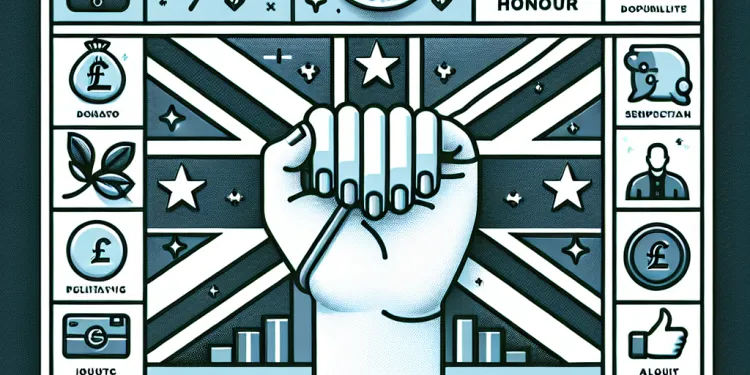
How does honour based abuse impact victims?
Relevance: 41%
-
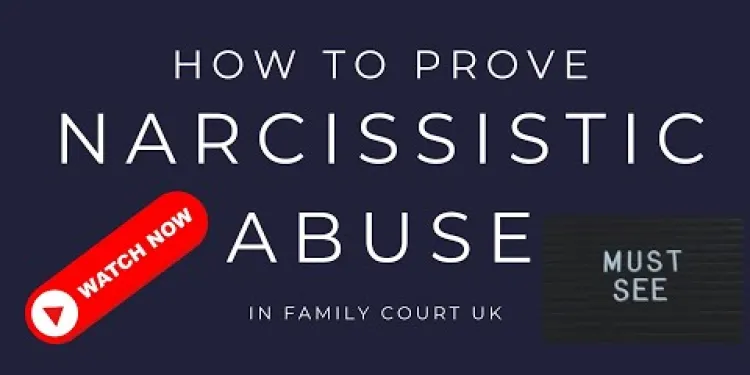
How To Prove Narcissistic Abuse In Family Court UK
Relevance: 40%
-
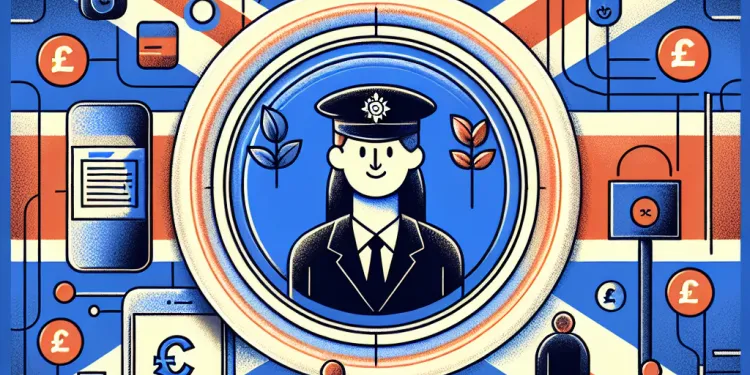
What are the signs of honour based abuse?
Relevance: 40%
-
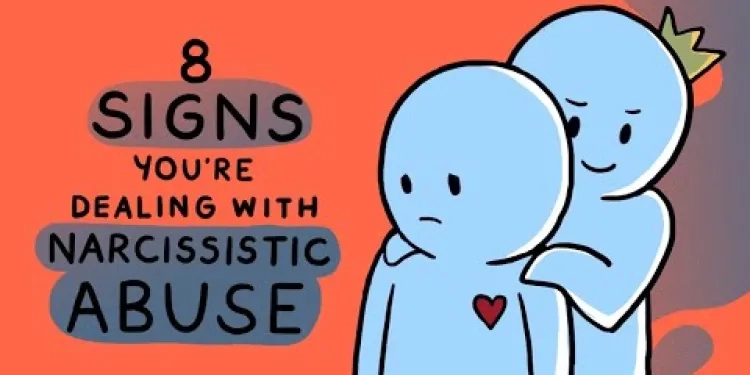
8 Signs You Are Dealing with Narcissistic Abuse
Relevance: 39%
-

What forms can honour based abuse take?
Relevance: 38%
-
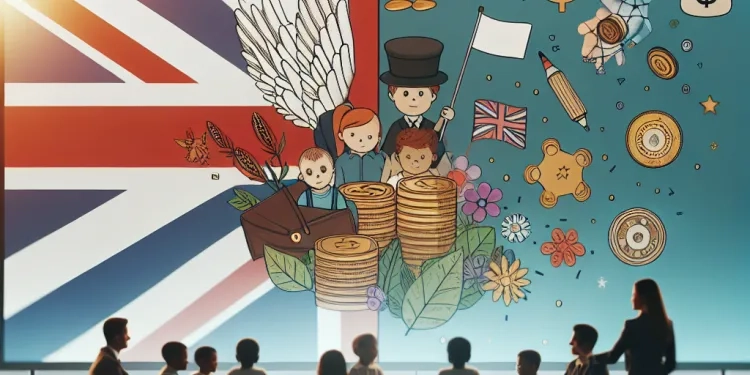
Three-year limit for child sexual abuse claims to be removed
Relevance: 37%
-
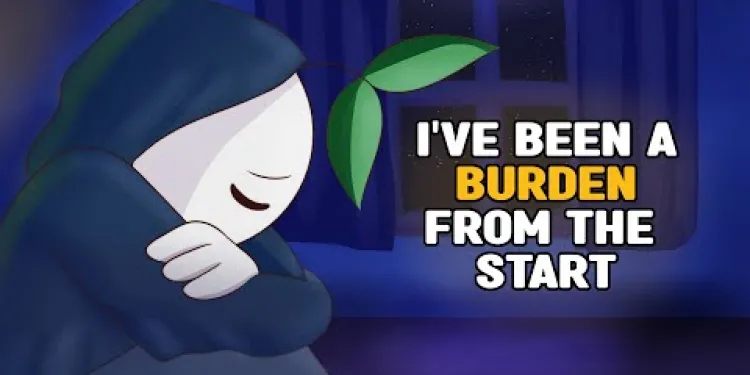
5 Signs You've Been Mentally Abused
Relevance: 36%
-
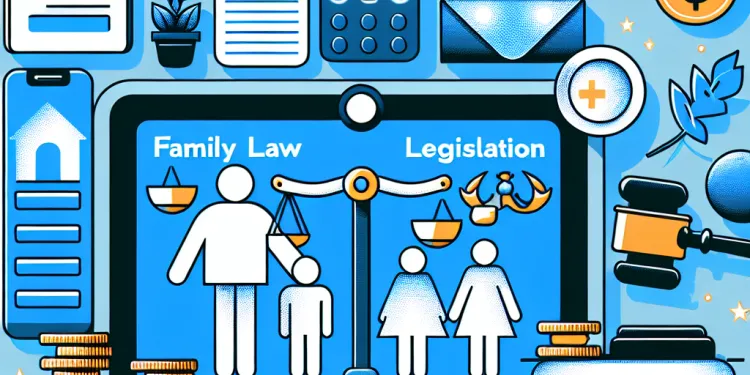
Impacts of Recent Changes to Family Law Legislation
Relevance: 34%
-
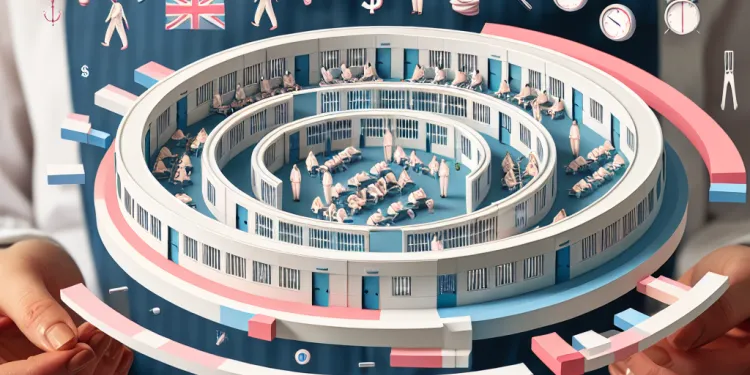
What are women's prisons like in the UK?
Relevance: 29%
-
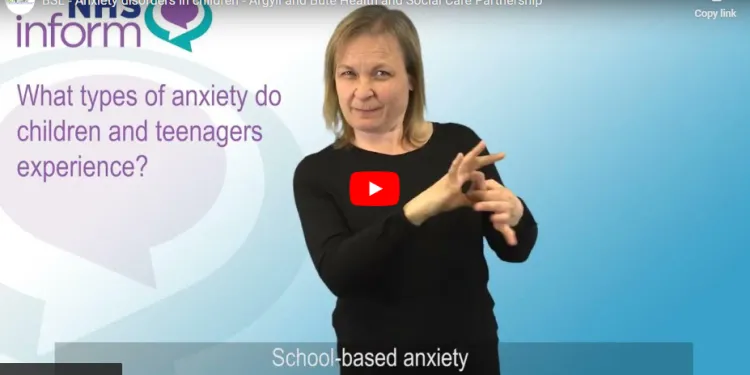
What type of anxiety do children and teenagers experience?
Relevance: 29%
-

Who are SEND children?
Relevance: 27%
-

What are SEND children?
Relevance: 27%
-
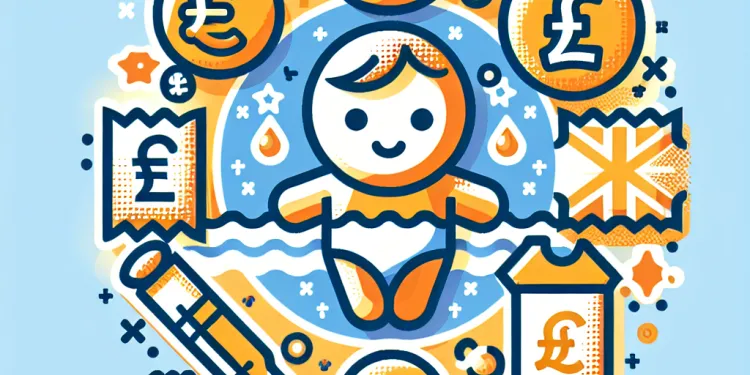
Is Baxdrostat suitable for children?
Relevance: 27%
-
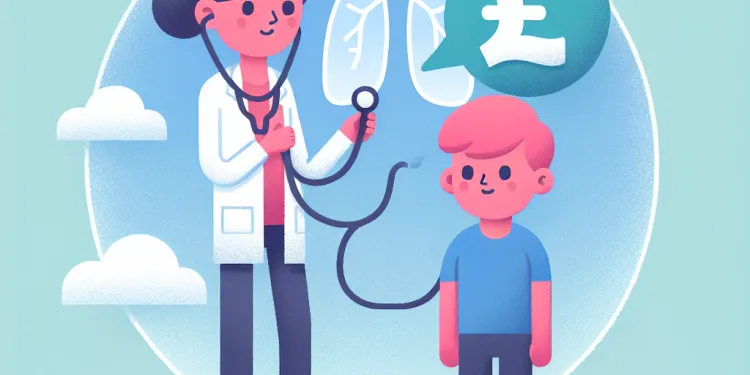
What is lupus in children?
Relevance: 27%
-

Lupus in children | NHS
Relevance: 27%
-
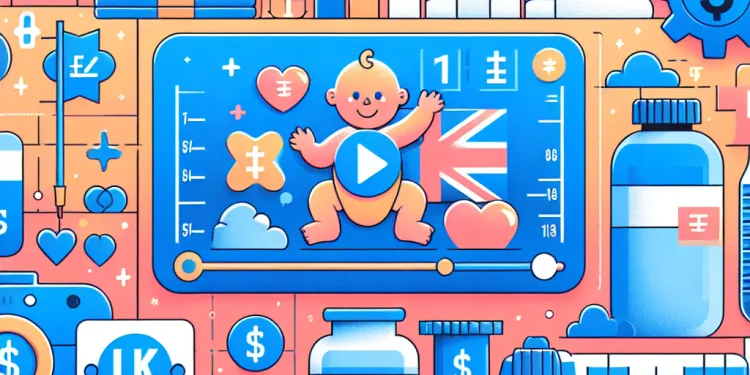
Children's Vaccination Schedule
Relevance: 27%
-
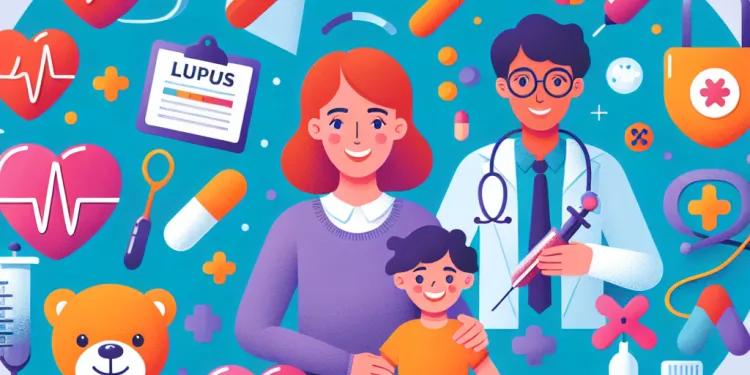
What causes lupus in children?
Relevance: 26%
-
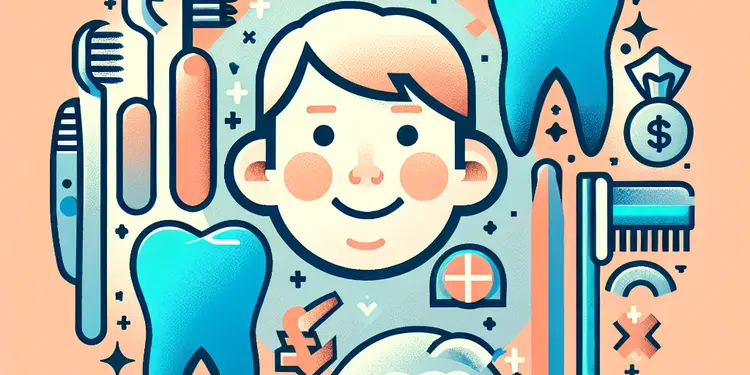
Is tooth decay common in children?
Relevance: 26%
-

Are there specific mobility equipment for children?
Relevance: 26%
-

Can children use Mounjaro?
Relevance: 26%
-
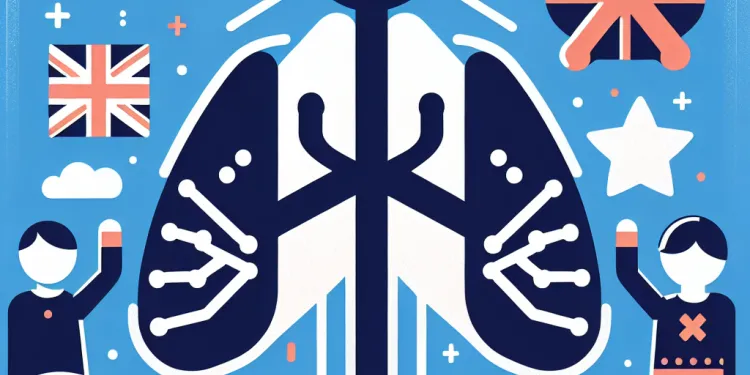
Can children outgrow asthma?
Relevance: 26%
Live Fear Free - The Effect of Domestic Abuse on Children
Understanding Domestic Abuse
Domestic abuse, a pervasive issue affecting families worldwide, manifests in various forms including physical violence, psychological manipulation, and emotional intimidation. In the United Kingdom, it has become a critical social concern, affecting not just the direct victims but also children who witness or are involved in such environments. These children often experience substantial emotional and psychological distress, which can have lasting impacts on their development and well-being.
Impact of Domestic Abuse on Children's Well-being
Children exposed to domestic abuse face an array of negative outcomes. Psychologically, they may suffer from anxiety, depression, and post-traumatic stress disorder (PTSD). The environment of fear and instability can lead to problems with behavior and social interaction, making it difficult for them to build trusting relationships. Academically, these children might struggle because of the stress and distractions from their home life, which often inhibits their ability to concentrate and perform well in school.
Long-term Effects and Risk Factors
The long-term effects of growing up in an abusive environment can be profound. These children are at an increased risk of adopting aggressive behaviors themselves, potentially perpetuating a cycle of violence. Furthermore, they may struggle with their self-esteem and self-worth, leading to challenges in adulthood such as maintaining stable employment and healthy personal relationships. The effects are not uniform, as some children might display resilience, but the risks are heightened without the proper intervention and support.
Support Systems and Resources in the UK
In the UK, numerous organizations and resources focus on supporting children affected by domestic abuse. Initiatives such as the “Live Fear Free” helpline provide confidential support and advice to victims, helping them navigate complex situations. Schools and community groups often collaborate with these services to identify at-risk children and provide targeted interventions, aiming to create a safer and more stable environment for affected families. Education about healthy relationships and emotional well-being is essential for breaking the cycle of abuse and ensuring children can live free from fear.
Live Fear Free - How Domestic Abuse Affects Children
What is Domestic Abuse?
Domestic abuse is when there is hurt or control in a family. This can be hitting, making someone feel scared, or playing with their feelings to control them. In the United Kingdom, it is a big problem. It doesn’t only hurt the adults but also the children who see it or are around it. These children may feel very sad, worried, or scared, and this can affect how they grow and feel happy.
How Domestic Abuse Hurts Children's Well-being
When children see or hear abuse, it can make them feel anxious or sad. They might find it hard to trust people and make friends. They can have problems with how they behave and talk with others. Children can also find it hard to do well at school because they feel stressed and upset.
Long-term Problems and Dangers
Living around abuse can leave children with big problems later in life. They might become angry and hurt others when they grow up, keeping the cycle of hurt going. They may have low self-esteem, which means they don’t feel good about themselves. This can make it hard to have a steady job or make healthy friendships as adults. Some children can get through these problems with help, but it’s important they get support to have a better chance.
Support and Help in the UK
In the UK, there are many places that help children who are around abuse. There is the “Live Fear Free” helpline, where people can call for secret advice and help. Schools and groups in the community work with these services to help children who might be in danger. They teach about healthy relationships and feelings to stop abuse from happening again. This support helps make a safe place for children to grow up without fear.
Frequently Asked Questions
What is domestic abuse?
Domestic abuse is a pattern of controlling, coercive, threatening, degrading and violent behaviour, including sexual violence, by a partner or ex-partner. It can also involve family members and can happen to anyone regardless of age, gender, or background.
How does domestic abuse affect children?
Children can be deeply affected by domestic abuse, even if they do not directly witness it. They may experience fear, anxiety, and stress, which can lead to emotional, behavioural, and cognitive issues both in the short and long term.
Can children recover from the effects of domestic abuse?
Yes, with the right support and interventions, children can recover from the effects of domestic abuse. Early intervention, counselling, stable environments, and support from caring adults can help children heal.
How can I tell if a child is being affected by domestic abuse?
Children affected by domestic abuse may show signs of distress such as anxiety, depression, aggression, withdrawal, difficulty sleeping, or developmental regressions. However, these signs can vary widely among children.
What should I do if I suspect a child is experiencing domestic abuse?
If you suspect a child is experiencing domestic abuse, it is important to report your concerns to local authorities or agencies like NSPCC in the UK. Children need protection and should be encouraged to speak to trusted adults.
Can the impact of domestic abuse on children last into adulthood?
Yes, the impact of domestic abuse can extend into adulthood, influencing relationships, mental health, and behaviour. However, early support and intervention can mitigate these long-term effects.
Do all children react the same way to domestic abuse?
No, children respond to domestic abuse in different ways depending on their personalities, the nature of the abuse, their age, and the support they receive. Some may become withdrawn while others may show outward aggression.
What types of support are available for children affected by domestic abuse in the UK?
In the UK, support for children includes counselling services, child protection services, educational support, and specialised organisations such as NSPCC and Childline which offer guidance and help.
Can a parent experiencing domestic abuse get help to keep their child safe?
Yes, if a parent is suffering from domestic abuse, there are services available to support them and their children. Refuge services and helplines offer advice and accommodation, and safety plans can be developed to protect both parent and child.
Is witnessing domestic abuse as harmful as being directly abused?
Witnessing domestic abuse can be just as harmful as experiencing direct abuse. Children who witness violence may have emotional and psychological trauma that affects their well-being and development.
What role can schools play in supporting children affected by domestic abuse?
Schools can provide a safe and supportive environment, offer counselling services, raise awareness, and work closely with local child protection agencies to support children affected by domestic abuse.
How can domestic abuse affect a child's education?
Domestic abuse can negatively impact a child’s education, causing difficulties with concentration, increased absenteeism, lower academic performance, and behavioural issues in school.
What are some common misconceptions about children and domestic abuse?
Common misconceptions include the belief that children are not affected if they do not see the abuse or that they will automatically become abusers themselves. It is important to recognise that each child is affected differently and that early support can help them.
Are boys and girls affected differently by domestic abuse?
While all children can suffer from the effects of domestic abuse, boys and girls may express their distress in different ways due to societal expectations and gender norms. Each child's response is unique.
Where can I find resources or help lines related to domestic abuse in the UK?
In the UK, resources and help lines such as the National Domestic Abuse Helpline (0808 2000 247) and organisations like Refuge, Women's Aid, and the NSPCC offer support for individuals affected by domestic abuse.
What is domestic abuse?
Domestic abuse is when someone in your home or family hurts you.
This can mean they might:
- Hit you
- Say mean things
- Stop you from seeing friends or family
It is not your fault. Everyone deserves to feel safe.
If you need help, you can:
- Talk to a trusted adult
- Call a helpline
- Ask a teacher for help
Domestic abuse is when someone hurts or scares another person. This can include hitting, yelling, or making the person feel bad. It can happen between people who are partners, used to be partners, or even other family members. It doesn't matter how old you are, if you are a boy or a girl, or where you come from—it can happen to anyone.
If you or someone you know needs help, you can talk to a trusted adult or contact a support helpline. It's important to stay safe and know that you are not alone.
Using simple tools like picture books or storyboards can help understand and talk about feelings and safety.
How does family harm affect children?
Family harm can be really hard for children. It can make them feel scared or sad.
Here are some ways it can affect them:
- They might have trouble sleeping.
- They might find it hard to pay attention in school.
- They could feel worried or have tummy aches a lot.
Talking to a trusted adult can help.
Seeing someone hurt or scared at home can be very upsetting for children. Even if they don't see it happen, they can still feel worried or scared. This can make them feel bad inside and might change how they act or think, not just now but in the future too.
Can kids feel better after seeing or hearing family fights?
Yes, kids can feel better if they get the right help. Talking to someone nice can make a big difference. It is important for kids to feel safe and loved.
- Kids can talk to a teacher or a counselor.
- Drawing or writing about their feelings can help.
- Playing games and spending time with friends is good.
Remember, people care about you and want to help. You are not alone.
Yes, children can get better after going through domestic abuse. To help them feel better, they need support like talking to a counselor, living in a safe place, and having caring adults to help them. The sooner they get help, the better they can heal.
How do I know if a child is hurt by problems at home?
Children who see or hear fighting at home can feel very upset. They might feel scared or sad. Some might get angry or not want to talk to people. Others might have trouble sleeping or start acting younger than they really are. But remember, every child is different and might show different feelings.
What should I do if I think a child is being hurt at home?
If you think a child is being hurt at home, it is important to tell someone who can help. This could be the police or a special group like NSPCC in the UK. Kids need to be safe and should talk to grown-ups they trust.
Can domestic abuse hurt children when they grow up?
Yes, if children see or hear hurtful things at home, it can make them sad or worried even when they grow up. Here are some ways to help:
- Talk to a teacher or safe adult if you feel scared or upset.
- Draw or write about your feelings to help them go away.
- See if your school has a counselor who can listen to you.
- Use words to tell someone if you are feeling bad.
Yes, domestic abuse can affect people when they grow up. It can change how they feel in relationships and affect their mental health and behavior. But getting help early can make these effects smaller.
Do all kids act the same if there is trouble at home?
Kinds may not act the same if things are not safe at home. Some might feel scared, sad, or angry. Others might not show how they feel at all.
It's important to talk to a grown-up you trust if you feel bad.
Drawing pictures or writing in a diary can help if talking is too hard.
Ask for help. It’s okay to tell someone how you feel.
No, not all children act the same when they see domestic abuse. How a child acts can be different for each one. It depends on who they are, how the abuse happens, how old they are, and how much help they get. Some children may become quiet and keep to themselves. Others might act out and become angry.
What help can kids get in the UK if they live with hurting at home?
If kids are in homes where people hurt each other, they can get help.
- Telling a teacher or adult: Kids can talk to a teacher or safe adult about their feelings.
- Talking with a counselor: Special people, called counselors, can talk with kids. They listen and help kids feel better.
- Group support: Kids can join groups with other kids who feel the same. They can share their stories and play.
If you know a kid who needs help, there are people who care and want to listen.
In the UK, there is help for children. This includes talking with a counsellor, protection services to keep children safe, help with school, and special groups like NSPCC and Childline. These groups listen and give advice.
Can a parent who is being hurt get help to keep their child safe?
If a parent is being hurt at home, they can get help to keep their child safe.
They should talk to someone they trust, like a friend, teacher, or family member.
It's a good idea to call a special helpline for people who are hurt at home. They can listen and help.
They can also talk to the police if there is danger.
There are safe places for families to go if they need to leave home.
If a mom or dad is being hurt at home, there are people who can help them and their kids. There are places to stay and phone numbers to call for help. They can give advice and make a plan to keep everyone safe.
Is seeing someone hurt at home as bad as being hurt yourself?
If you see someone getting hurt at home, it can feel very scary and upsetting. It is important to talk to someone you trust about how you feel. You can also use simple tools and techniques to help you feel better, like drawing or writing about your feelings, or talking to a friend, family member, or teacher.
Seeing someone in your family get hurt at home can be really bad for kids. It can hurt their feelings and mind, just like if it happened to them. This can make it hard for them to feel happy and grow up healthy.
How can schools help children who have family problems at home?
Schools can do a lot to help children who have problems at home. Teachers can listen to children and make sure they feel safe. They can also tell other grown-ups who can help, like school counselors. Some things schools can do are:
- Have a safe place where children can talk about their feelings.
- Teach children about feelings and how to deal with them.
- Work with parents and families to offer support.
- Make sure all children know where to go if they need help.
Schools can also use tools like picture cards to help children say how they feel. They can read stories together that talk about feelings and family. Teachers can do special lessons to help children understand kindness and safety.
Schools can help kids feel safe. They can have people to talk to, like counselors. Schools can teach us about staying safe. They can also work with local helpers to keep kids safe from harm at home.
How can domestic abuse affect a child's learning at school?
Domestic abuse is when there is hurt or fighting at home. This can make school hard for kids. Here is how it can affect them:
- Feeling worried or scared: A child might feel too worried to focus on their schoolwork.
- Missing school: They might have to stay home a lot, which means missing important lessons.
- Finding it hard to make friends: Feeling unhappy or shy can make it tough to make friends at school.
- Finding it hard to concentrate: Worrying about home can make it hard to pay attention in class.
Things that can help:
- Telling a trusted adult: Talk to a teacher or school counselor about what's happening.
- School support: Schools can offer extra help like counseling.
- Safe spaces: Finding clubs or activities where they feel happy and safe.
Remember, it’s important to ask for help if you need it.
When there is hurtful behavior at home, it can make school harder for a child. They might find it tough to focus, miss school days, get lower grades, and have trouble with behavior in class.
What do people often get wrong about kids and home violence?
Some people think wrong things about children and abuse. They might think kids are okay if they don't see the abuse. They might also think kids who see abuse will always grow up to hurt others.
But this is not true. Every child feels it in their own way. Helping them early on is very important.
If you know a child who needs help, talk to a teacher or a grown-up you trust. Drawing or talking can also help kids feel better.
Do boys and girls feel hurt differently by family fighting?
Boys and girls can feel sad and scared when there is fighting at home. But they might feel it in different ways.
Here are some ways to help:
- Talk to a teacher or trusted adult about how you feel.
- Write down your feelings or draw pictures.
- Call a helpline for kids if you need someone to talk to.
- Always remember, it's not your fault.
All kids can feel upset if there is hurt at home. Boys and girls might show they are upset in different ways. This is because of what people sometimes expect from boys and girls. Every child is different in how they feel and act.
Where can I find help for domestic abuse in the UK?
If you need help because of domestic abuse, there are places you can contact. Here are some places that can help:
Phone Lines: You can call these numbers to talk to someone who can help you:
- National Domestic Abuse Helpline: Call 0808 2000 247. It's free and open 24/7.
- Childline: If you are under 19, call 0800 1111. It's free and private.
Websites: You can also visit websites to find help:
- www.nationaldahelpline.org.uk: Information and support online.
- www.childline.org.uk: Help and tips for children and young people.
If it's an emergency, call 999 for the police.
In the UK, there are places and phone numbers that can help if someone is hurt at home. You can call the National Domestic Abuse Helpline at 0808 2000 247. There are also groups like Refuge, Women's Aid, and the NSPCC that help people who are in trouble at home.
Useful Links
This website offers general information and is not a substitute for professional advice.
Always seek guidance from qualified professionals.
If you have any medical concerns or need urgent help, contact a healthcare professional or emergency services immediately.
- Ergsy carfully checks the information in the videos we provide here.
- Videos shown by Youtube after a video has completed, have NOT been reviewed by ERGSY.
- To view, click the arrow in centre of video.
- Most of the videos you find here will have subtitles and/or closed captions available.
- You may need to turn these on, and choose your preferred language.
- Go to the video you'd like to watch.
- If closed captions (CC) are available, settings will be visible on the bottom right of the video player.
- To turn on Captions, click settings .
- To turn off Captions, click settings again.
More Items From Ergsy search
-

Live Fear Free - The Effect of Domestic Abuse on Children
Relevance: 100%
-

What is the new Domestic Abuse Act in the UK?
Relevance: 91%
-

Understanding the New Domestic Abuse Laws in the UK
Relevance: 91%
-

Understanding the Impact of the UK's New Domestic Abuse Legislation
Relevance: 88%
-

Live Fear Free - Domestic Abuse
Relevance: 85%
-

Are you a male victim of domestic abuse?
Relevance: 85%
-

Steps to Take When Facing Domestic Abuse
Relevance: 82%
-

What constitutes economic abuse under the Domestic Abuse Act 2021?
Relevance: 80%
-

When did the Domestic Abuse Act 2021 come into effect?
Relevance: 79%
-

Who can be considered a domestic abuse perpetrator under the new law?
Relevance: 73%
-

When Kids Abuse Kids
Relevance: 50%
-

What is Honour Based Abuse?
Relevance: 50%
-

Is honour based abuse a cultural practice?
Relevance: 48%
-

What are the new protocols for domestic violence cases in family court in 2026?
Relevance: 47%
-

6 Signs of Emotional Abuse and Neglect
Relevance: 46%
-

Who can be a victim of honour based abuse?
Relevance: 46%
-

7 Warning Signs of Emotional Abuse
Relevance: 45%
-

How can honour based abuse be prevented?
Relevance: 44%
-

Can men be perpetrators of honour based abuse?
Relevance: 42%
-

How does honour based abuse impact victims?
Relevance: 41%
-

How To Prove Narcissistic Abuse In Family Court UK
Relevance: 40%
-

What are the signs of honour based abuse?
Relevance: 40%
-

8 Signs You Are Dealing with Narcissistic Abuse
Relevance: 39%
-

What forms can honour based abuse take?
Relevance: 38%
-

Three-year limit for child sexual abuse claims to be removed
Relevance: 37%
-

5 Signs You've Been Mentally Abused
Relevance: 36%
-

Impacts of Recent Changes to Family Law Legislation
Relevance: 34%
-

What are women's prisons like in the UK?
Relevance: 29%
-

What type of anxiety do children and teenagers experience?
Relevance: 29%
-

Who are SEND children?
Relevance: 27%
-

What are SEND children?
Relevance: 27%
-

Is Baxdrostat suitable for children?
Relevance: 27%
-

What is lupus in children?
Relevance: 27%
-

Lupus in children | NHS
Relevance: 27%
-

Children's Vaccination Schedule
Relevance: 27%
-

What causes lupus in children?
Relevance: 26%
-

Is tooth decay common in children?
Relevance: 26%
-

Are there specific mobility equipment for children?
Relevance: 26%
-

Can children use Mounjaro?
Relevance: 26%
-

Can children outgrow asthma?
Relevance: 26%


